I read “The Fall” last week. I did so mostly to inspire some of my own work, having had the novel recommended to me by a professor after a workshop. If I had to give it a number rating out of 10, I’d say it’s a seven. It was a five for a while (said a lot to say a little), until the very end when the form began to take shape, and it became something deeper than I’d given it much credit for.
Styled as a conversation — or perhaps, more aptly, an interview — between a man who calls himself “judge-penitent” and another who speaks but is not recorded, “The Fall” examines enslavement by authority as potential true freedom. “Authority” in this situation is an umbrella term, referring most especially to religion and regime. The judge-penitent in question, Jean-Baptiste Clamence, cites example after example of various figures in his life who hopped the train from atheism to religion following a similar hop from their lives of purity to sin, because religion saves. A judge-penitent is described essentially as one who confesses one’s own sins in exchange for the right to judge the sins of another, thus dispensing freedom from guilt and insecurity while providing an objective moral compass at the same time.
The twist comes later on, when the assumption that the recipient of all this talk has been the submissive force in the conversation is challenged. Readers know that he has not been silent, but eventually, the degree to which he’s actually been speaking his mind throughout comes out into the fore through confessions of the sins of his life and his desire to be freed from the shackles of his profession, which we discover is the same as Clamence’s had once been.
This was a successful attempt on the part of Albert Camus to stir my thoughts. What is redemption? Does the definition change from the short-term to the long-term? Is one of these more akin to placation than the other? What is the effect of group dynamics on the preservation of a person’s life, soul, or long-term impact on the world?
I don’t want to examine this from a religious perspective. There are more creative ways to do it. Music, for one, works well here, swapping the positive affirmations of organized religion for the creative safety of bands. Take John Lennon — the “Smart Beatle,” back when he was one. The Beatles broke up in 1974 (formally) and Lennon was shot dead six years later in New York City. During this time, fans of the rock band Led Zeppelin were reasonably unhappy. Contemporaries refused to acknowledge the group’s greatness so long as the jury was out on The Beatles’ reformation, and the jury remained out until precisely Dec. 8, 1980. All within the following decade, much in the vein of those under the influence of a judge-penitent, the remaining Beatles joined new bands — generally supergroups — to avoid fading into obscurity. Paul McCartney had been in Wings for some time already, forming the group in 1971. George Harrison found himself in the Traveling Wilburys by 1988. A year later, Ringo Starr had his “All-Starr Band,” effectively just glorified backup players, but at the end of the day he chose the name.
Ever since the death of John Lennon, and enforced by those who took his legacy forward, the breaking-up of bands has been sacrilegious in the English music scene — I should add, with the caveat of minimally equivalent subsequent work (Wham!/George Michael, The Police/Sting, Take That/Robbie Williams) or having been forced to break up on account of substance abuse or violence (The Verve/Richard Ashcroft, The Clash/Topper Headon).
Joy Division effectively reformed as New Order. Oasis is back as of 2024 — in its absence, both singers formed new bands. Blur is still hanging on, technically, and might tour again soon. While broken up, their lead singer formed Gorillaz. Duran Duran came back — with the original lineup — in the 2000s. Ultravox and Softcell came back too, briefly, for reunion tours.
Do I mean to say that this penchant for unity at all costs stems from the vengeful ghost of John Lennon? Sort of, actually. His shadow still haunts British music. Is he a judge-penitent? Only if one were to equate his actual body-death to the ego-death of Jean-Baptiste Clamence could we affirm this idea, and this is a matter of opinion (or a mind game?). Perhaps it would be easier to assert that one of the longer-surviving Beatles members experienced such ego-death as a consequence — George Harrison the most likely of the three — and therefore becoming the judge-penitent of rock-and-roll going forward. Harrison’s post-Beatles sound leans heavily into spirituality and psychedelics, but as it also focuses on themes of redemption and the passing of time, it lacks the judge-penitent’s inherent vindictiveness. Sometimes, his music is actually rather funny. This doesn’t work at all.
“Alright, fine,” I think to myself, desperate and not wanting my editors to hate me. “I’ll do it. I’ll talk about religion in my novel-tea column. It is the only way.”
John Lennon was a Christian at two points in his life: he was raised Christian, and he died Christian as well, supposedly converting in 1977 but remaining outwardly ambiguous on the subject until his death. Between these points, for the majority of his life, he was either atheist or something atheist-adjacent. This is an overly simplistic take, but bear with me. Lennon follows the path of a sinful man as described by “The Fall”’s judge-penitent almost to a tee. Why did he change, and who was his influence apart from celebrity pastors on television?
If “blame” is not the correct phrasing, I at least intend here to cast light on Yoko Ono. She was in a band, of course. She actually enticed Lennon to form a band focused around her own styles, identity, and art: the Plastic Ono Band, which, for all unfamiliar, featured a rotating cast of musical celebrities in addition to Lennon himself. She subscribes to the idea of a “higher power,” but not any one deity over any other, to paraphrase from her X account. “My religion is to trust myself,” she says. Jean-Baptiste Clamence shares not only this sentiment of religious nonconformism, but also this kind of radical self-belief and willingness to impart his own thinking on others. Looking at the guest stars on the Plastic Ono Band, we find serial band-members Eric Clapton, Klaus Voorman, and Alan White (all of whom have been members of three bands at the minimum, and played with other former members of The Beatles after Lennon’s death).
There’s something about this Yoko Ono influence — moving to a new city and convincing old legends to forgo true artistic freedom with supergroups offering riskless ventures until death parts them from music forever. It is worth wondering if everybody, across every modern profession, is always really looking out for number one. Who else is in your sinking boat? What songs are you singing as the water swells? To whom will you confess for making the journey?
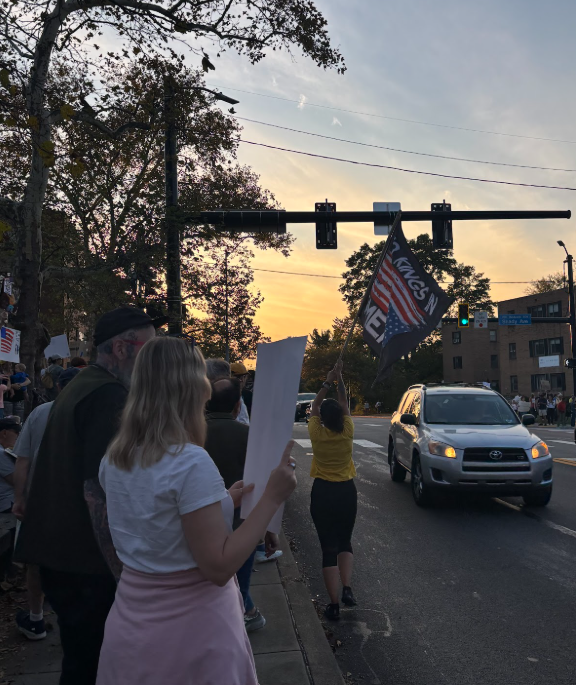
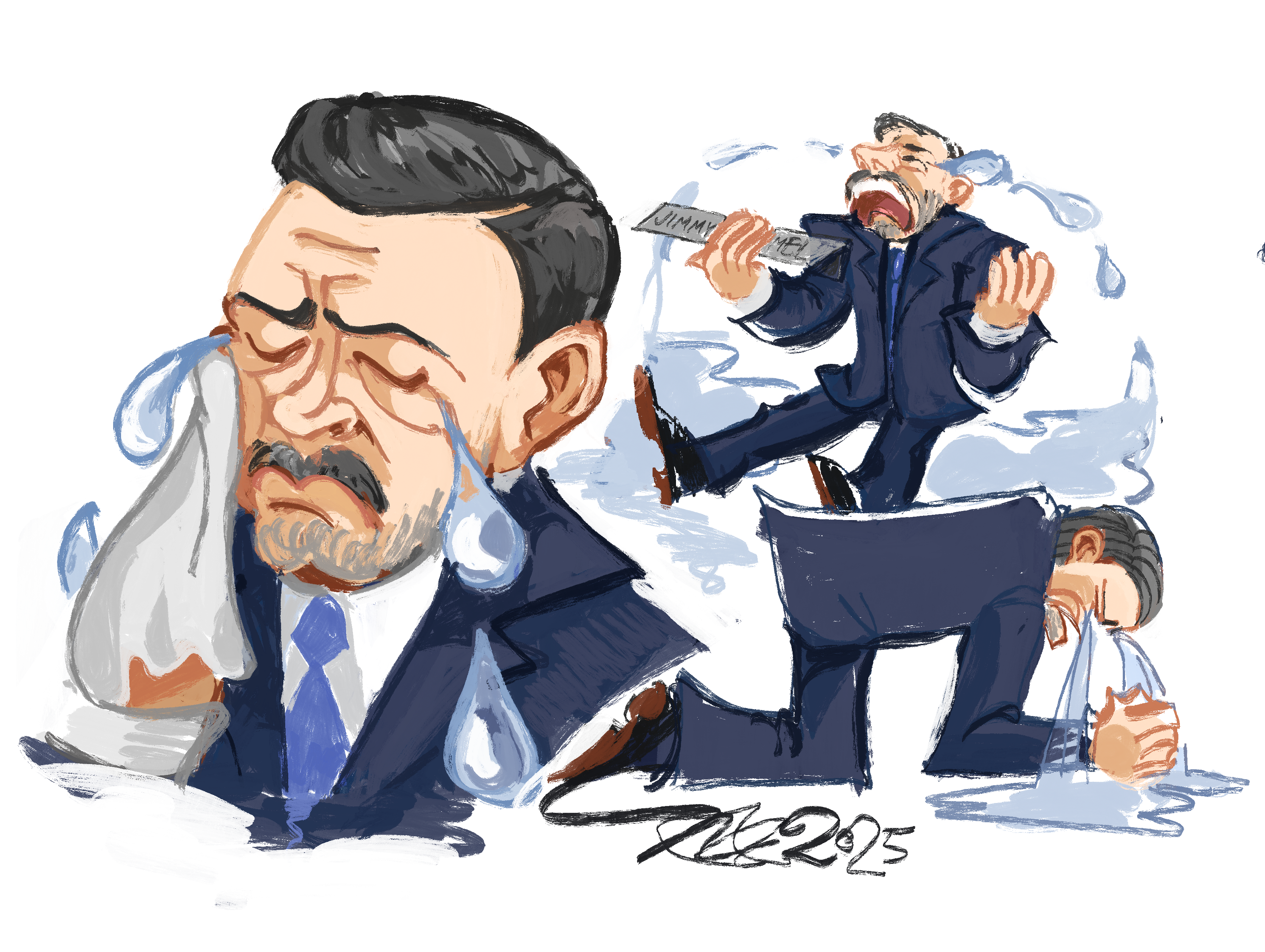
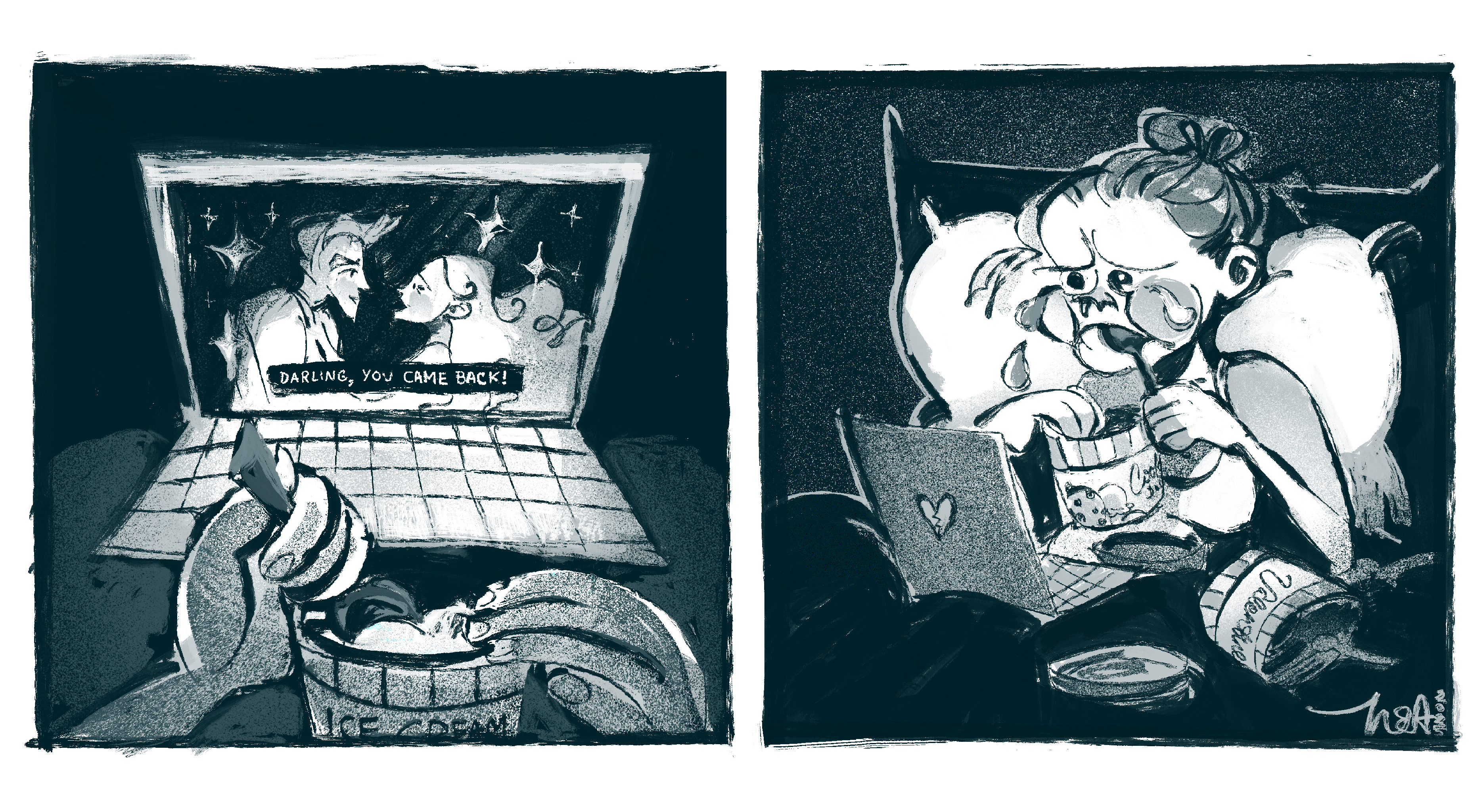
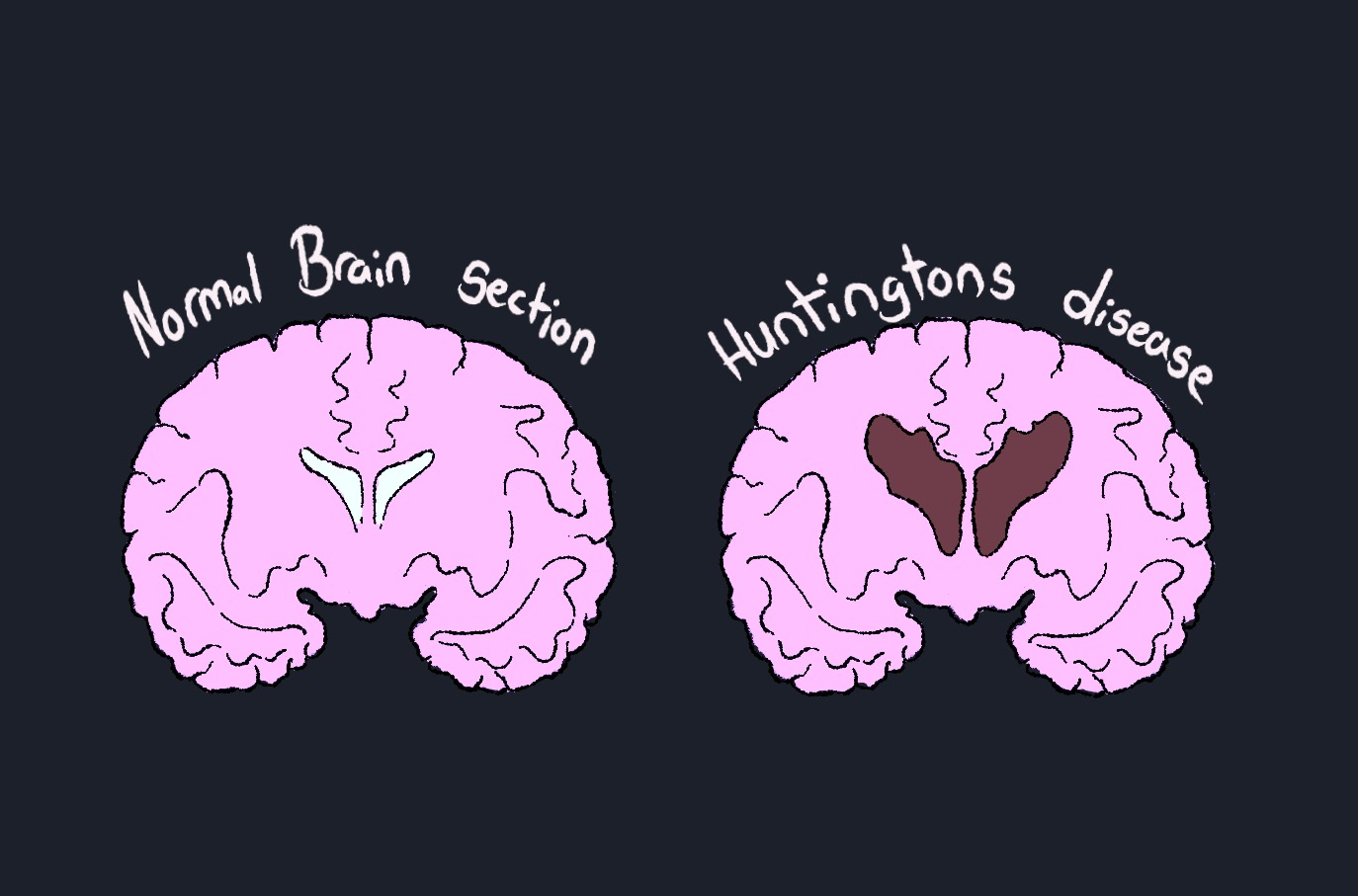

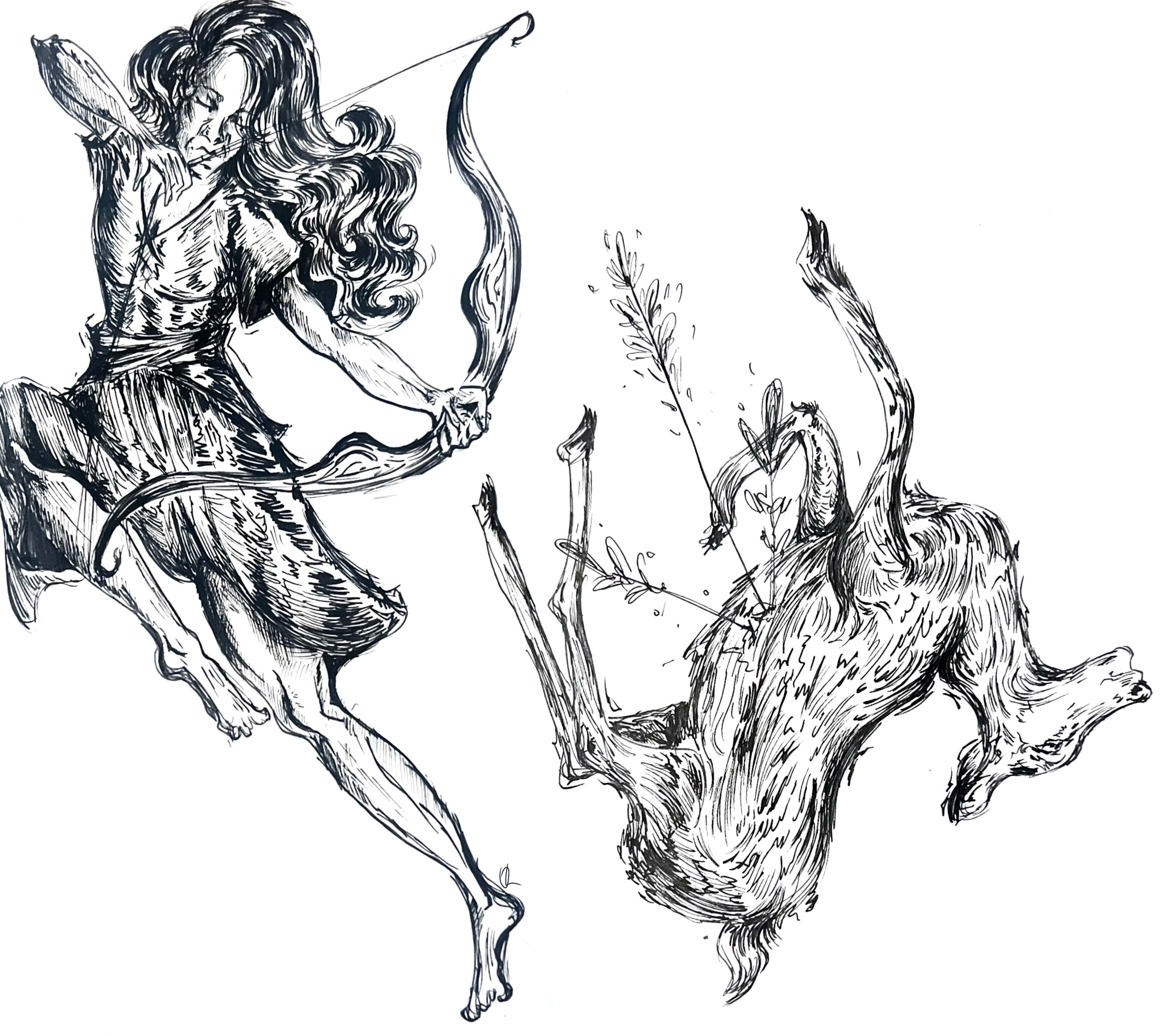
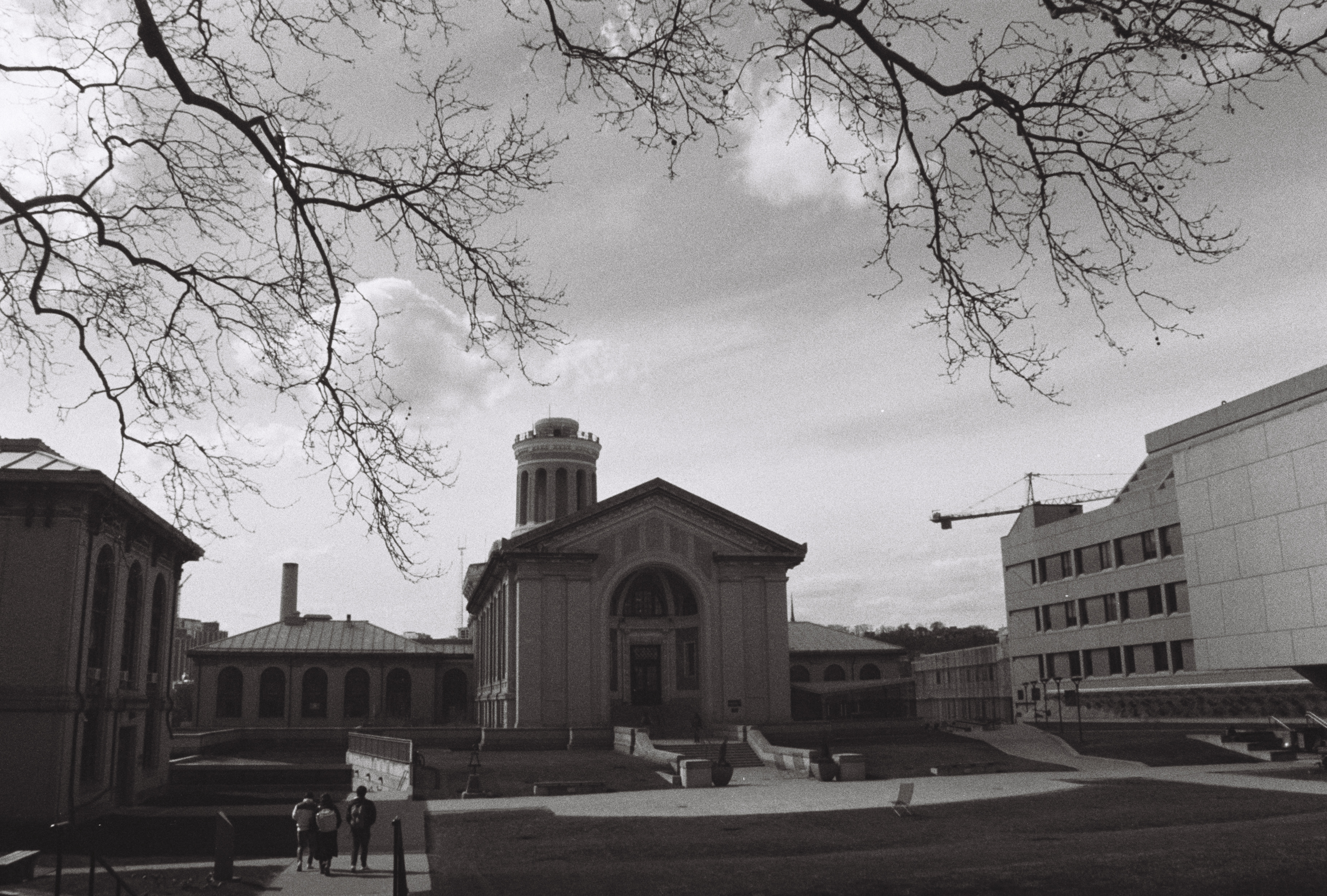
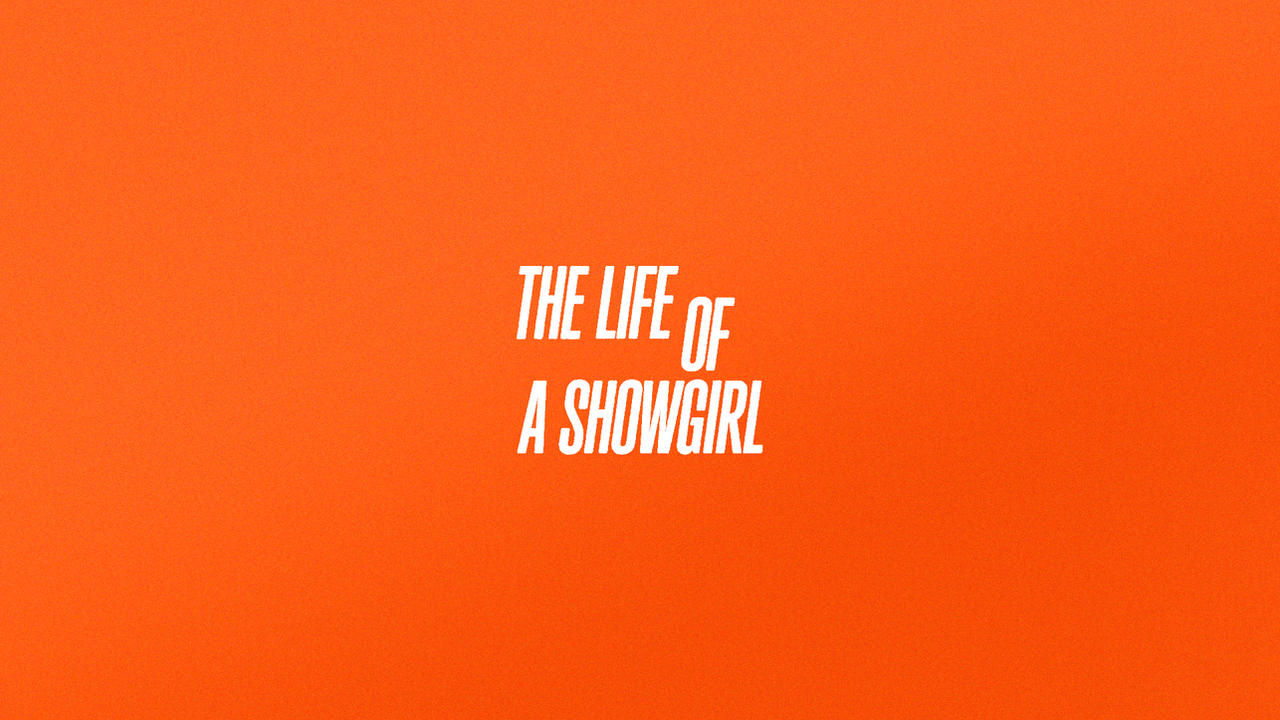
Leave a Reply